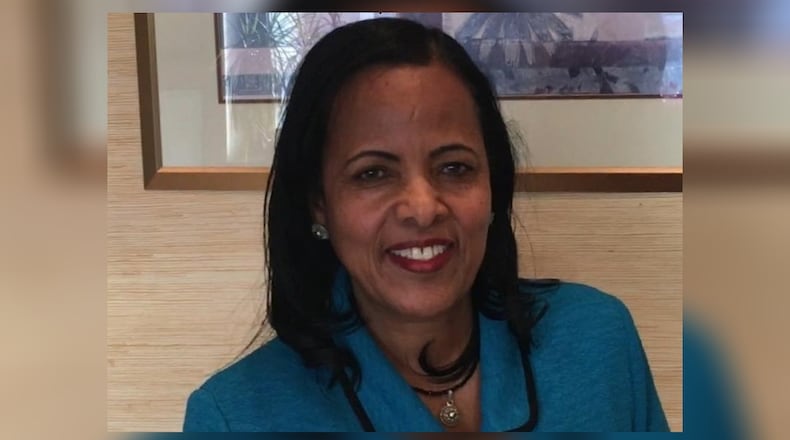Meanwhile, the State has been expanding the EdChoice Scholarship program, resulting in $2 billion in funds being diverted from public schools to private schools within the past decade. And now the State legislature is working on House Bill 126, which will prohibit school districts from challenging property valuations. It is rare for the Board of Education to challenge property valuations; Dayton City Schools only challenges commercial and rental properties where the sale price exceeded the County Auditor’s appraised value by at least $50,000. Oftentimes, the true value of the property is millions of dollars more than the Auditor’s value. The District’s challenges are typically successful and result in additional tax revenue.
School districts are heavily dependent on tax revenue. Efforts by the state legislature to take away the District’s power to challenge property valuation will almost certainly decrease this revenue stream. The gap due to reduced taxes may have to be filled by new property tax levies, or a cut in the valuable services that the District provides.
Current law allows school districts to question property valuations and creates a system of checks and balances in the property valuation process. The current system provides for equitable sharing of taxes for the District’s taxpayers. Without it, a select few will benefit from lower taxes while others foot the bill. The District’s challenges are only based on the sale of property in an arm’s length transaction. If a property is sold for a certain price, then property taxes should be paid on that dollar value. House Bill 126 shields purchasers of expensive property from paying their fair share of property taxes and cuts off a school’s ability to do anything about it.
The state does not collect sales and income taxes based on historical prices and income, so why should property taxes be collected like this? Why can the Department of Taxation protect its revenue stream by auditing the tax returns, but Ohio’s school districts cannot question the value of a property?
Money spent on education is an investment in our future. The State legislature should be working on making education equitable throughout the state, not severing our schools’ ability to ensure property taxes are fairly distributed.
Hiwot Abraha is the Treasurer and CFO of Dayton Public Schools.
About the Author
